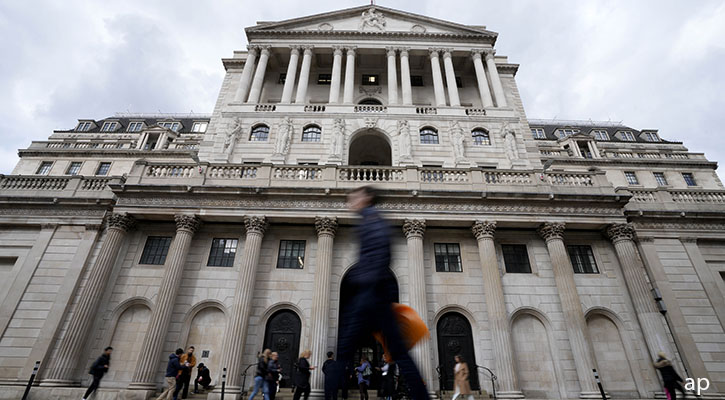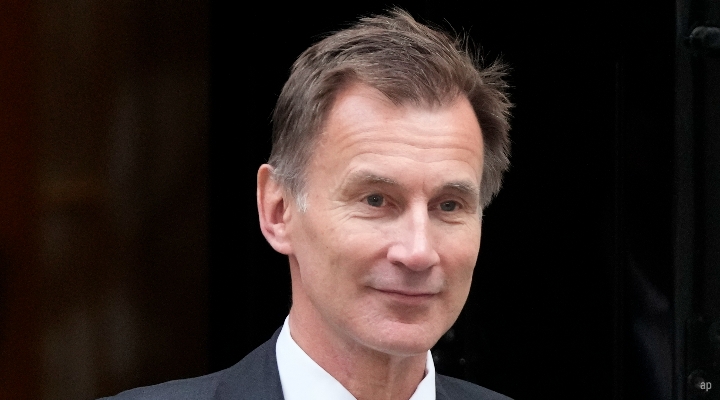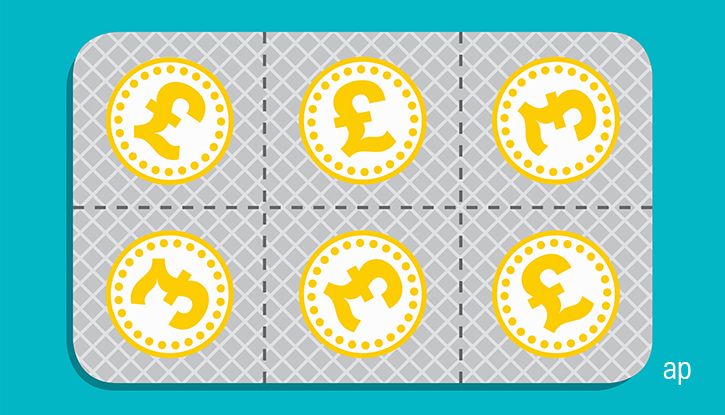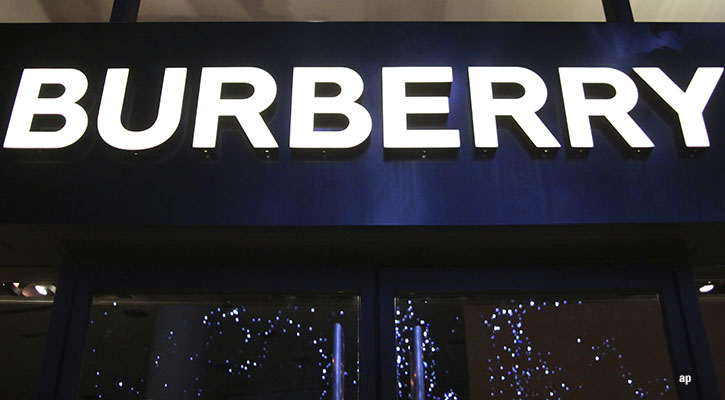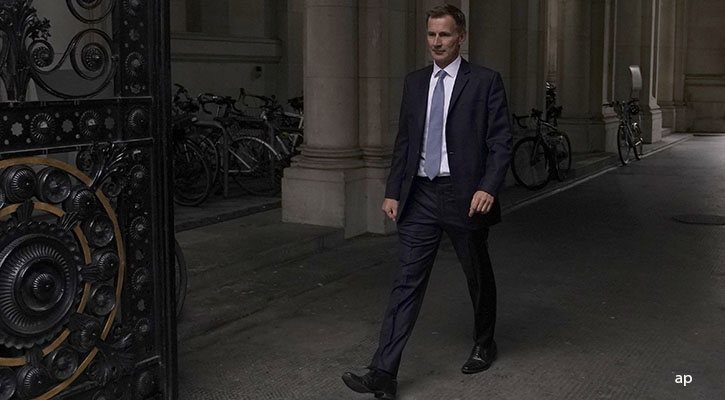
The UK chancellor Jeremy Hunt is looking at raising taxes on the sale of assets such as shares and property as he weighs up "difficult decisions" to address a £50 billion black hole in the public finances.
He is also considering an increase in dividend tax, in a move that would come as a blow to entrepreneurs and investors. The new chancellor has already reversed possible cuts to dividend tax set out during the Kwarteng mini-Budget.
A source close to Hunt confirmed the tax hikes were under consideration, but said no decisions had yet been taken – as we are still two weeks away from the highly anticipated (and delayed) autumn statement on November 17.
Dividends – Where We Are Now
Rather than being cut from the next tax year, dividend tax rates are for the time being staying the same at 8.75%, 33.75% and 39.35% for basic, higher and additional rate taxpayers. These were supposed to be cut under proposals outlined by Kwasi Kwarteng in his September 23 mini-Budget and since reversed by Hunt. Most investors can generally shield dividends with their ISA limits, so again this change is likely to impact higher net worth individuals. People also have a £2,000 dividend allowance every year – and this could be cut to £1,000 under Treasury plans or got rid of entirely.
Bank Recession Warning
It comes as the country has been struck by more bleak economic news, with the Bank of England hiking interest rates for the eighth time in a row and the UK heading into what could prove the longest recession in at least a century. Still the Bank suggested that interest rates may not be heading as high as markets are pricing in.
The chancellor acknowledged the difficulties facing homeowners and businesses after the bank put up its base rate from 2.25% to 3% on Thursday, the highest for 14 years.
He said there were problems affecting economies around the world, but in the UK Prime Minister Rishi Sunak would "fix" the issues caused by Liz Truss and Kwasi Kwarteng in September's ill-fated mini-Budget.
Downing Street also warned of "difficult choices" to come on tax and spending, but pledged the government would ensure that "we are acting fairly, protecting the most vulnerable and continuing to seek long term growth".
One option on the table is an increase in the headline rate of capital gains tax – applied on profits of the sale or disposal of shares and other property, as well as changes to relief and allowances on the levy.
This would tend to mean a greater burden on wealthier people, as they are more likely to own such assets.
What is CGT?
Capital gains tax is paid when an individual sells an asset, such as a second home or company shares, and from the sale they make a profit or “gain”. You pay tax on the difference between what you paid for an asset and what you sell it for (factoring in some allowable costs). Every year individuals get a tax-free allowance of £12,300 and pay anything above that depending on your gain and your tax bracket – and whether the “gain” is on residential property. The highest rate is 28% for a higher rate taxpayer disposing of a residential property – and that’s below current income tax rates of 40%. Previous chancellors have mulled "aligning" CGT rates with income tax rates, a move that may play well with voters during a time of economic stress.
Millions of people have never paid this because they own shares/funds within an ISA, own gilts and/or just own one home, which isn’t subject to CGT on sale – despite some strong gains for house prices in the last 20 years.
Still, more people are paying this every year - the latest HMRC figures (2020-2021) show that 323,000 people had to pay CGT, of £14 billion, having made gains of £79 billion. UK government statistics show that there are 31.7 million income taxpayers in the UK (2020-2021), so the amount paying CGT is a tiny percentage.
Our explainer has more details on what you need to pay CGT on - including stamps, coins, paintings and even Harry Potter first editions.
Stability, Stability, Stability
Hunt is weighing up tax hikes and spending curbs as the new government seeks to put economic stability front and centre in the wake of the market chaos sparked by his predecessor's calamitous £45 billion tax giveaway.
In a sign of how serious things became at the height of the turmoil, the governor of the Bank of England confirmed the UK was just hours from potential total financial meltdown in the wake of the mini-Budget.
Andrew Bailey said the bank was forced to step in "quickly" and "decisively" to mitigate a "very real threat to financial stability" after markets were spooked by the proposals.







